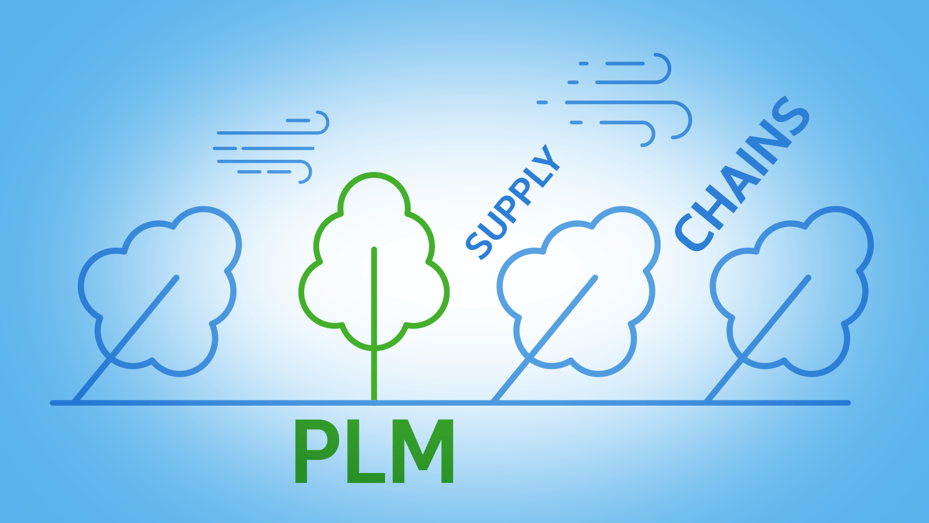
Accelerating Digital Transformation to Build Resilience and Agility
|
Product Lifecycle Management
|
Food & Beverage
|
Supplier Relationship Management
Posted By:
Trace One

Managing supply chains when everything is business as usual can be a challenge. Managing supply chains when everything is emphatically not business as usual is another thing entirely.
In the midst of a global crisis, many companies have found out just how adaptable and resilient their supply chain operations are. Those that have migrated old, manual processes to PLM learned that they can pivot as needed with minimal disruption. Companies that haven't yet migrated supply chain management to digital are struggling to adapt.
It's easy to see why the disparity exists, and why the gap between digitally streamlined supply chains and mostly manual operations becomes so visible during times of crisis. If the information you need is buried in binders, the resources required to make a simple adjustment become a significant barrier. If the information you need is safely and securely stored in a centralized, searchable database, getting to—and more importantly, manipulating—that information is as easy as a Google search.
Digitizing supplier data for faster time-to-market
Broadly speaking, digital PLM platforms such as Trace One's Trace One Devex PLM consolidate fragmented, manual processes—product planning, trial, formula, specification, packaging and regulatory decisions—into a single, searchable digital environment.
For those coming from binders, PLM can be a revelation, as the head of a major global bakery describes. “We didn’t realize how much email and Excel went around before. Now we just add it to Trace One Devex PLM. It keeps happening, and the pace keeps growing. Now it’s the hub for project information."
Trace One's Supplier Collaboration Portal similarly simplifies supplier relationship management and sourcing: siloed supplier information and Excel files are replaced with a single, searchable source of truth, mitigating or preventing delays before they happen. Standardized supplier processes, schedules, and expectations make it easy to quickly identify and respond to changes in the supply chain and dramatically decrease time-to-market.
A central feature of the Supplier Collaboration, standardized questionnaires prevent delays from happening in the first place. When a business process lead sought to streamline supplier relationship management, the time saved became obvious when the company gathered nutritional data from suppliers. Some of that information seemed off, and after extensive exploration, a team member discovered that suppliers were simply using different rounding rules.
The questionnaire function in the Supplier Collaboration Portal skirts this problem entirely, by sending simple questionnaires with pre-filled, customizable calculations already loaded up. With minimal effort, everyone's on the same page. “By having suppliers put the information into the questionnaire where we’ve got our calculations already set up, we trust the information that we’re getting,” the PM said.
Pivoting on a dime: building supply chain resilience through efficient supplier collaboration
Consumer products goods companies must be able to respond to unprecedented challenges with agility and innovation. To deliver that innovation—especially in paradigm-shattering climates—buyers rely heavily on suppliers. What’s different here isn’t supplier collaboration itself, of course. What’s different is that it’s taken on a much greater urgency and requires a greater complexity and amount of data.
When evaluating potential new suppliers and raw materials, Trace One’s Supplier Collaboration Portal gives manufacturers answers to their most pressing questions:
- How transparent will changes in a product's raw material be to consumers?
- How can I optimize raw materials and product specs to minimize supply chain risks while reducing total cost of ownership?
- How do I quickly engage quality/safety personnel to ensure compliance?
No one has a crystal ball, but with a centralized digital system that standardizes supplier processes, dramatically improves time-to-market and mitigates compliance risks, you don't need one. You'll be ready, come what may.